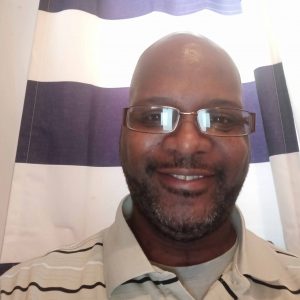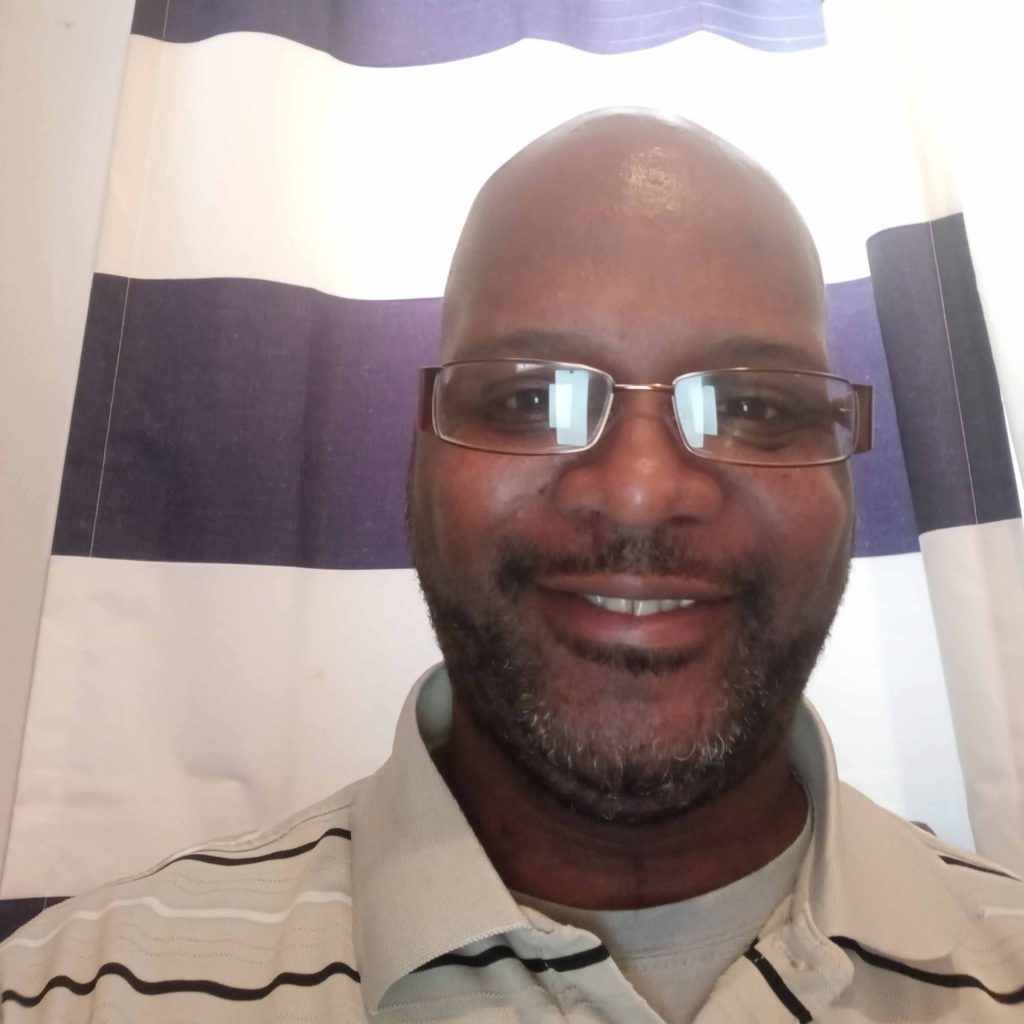
This blog is a reflection and to provide highlights of, “A Call-to-Action Symposium: The Intersection of Race and Mental Health” which took place on April 19, 2022, at Marquette University in Milwaukee, Wisconsin and virtually. The symposium was the culmination of four virtual quarterly coalition meetings offered by WISE in 2021 on the topic. Those in attendance at the four coalition meetings expressed a strong desire for the conversation to move from learning about to acting on what was learned. This symposium provided the outlet for critical thinking, thought provoking discussion and action planning around race and mental health. The panel topics and speakers were:
Mr. Brooks Griffin, Emcee, was energetic throughout the day by introducing each of the distinguished panelist and sharing his heartfelt and powerful recovery journey. Mr. Griffin was an awesome moderator as well as keeping everyone focused and on task. I participated virtually and felt the positive energy from each of the panelists, participants who commented and asked questions for the panelists, the action-planning breakout sessions for each of the topics, and the phenomenal group sharing with “Explaining my plan of action”. The My Plan of Action worksheet was a unique way for participants to write down their plan and meet up afterwards in the community, and maybe share a picture of themselves working together. To encourage post-event collaboration, participants were offered a gift card for one of three local coffee shops.
Mr. Jackson reiterated that we must highlight the “Superheroes in Milwaukee and stop being so humble about the positivity in Milwaukee. We need to know about organizations and resources that can actually help and care”. Ms. Wesley started with a critical question, “How do we open our community to the secrets of mental health and mental illness?” She responded by saying, “We talk about it, we start a conversation, tell the stories of strength, resiliency, and happiness and tell the stories of rejection, sadness, and stigma.” Dr. Amarante reflected on her journey from Patterson, New Jersey and now living in Wisconsin. She stated that, “She is humbled to be at the table, to see that her words actually matter, and to be in the season of her life where she can sit before an audience that actually cares about what she has to say.”
Ms. Jenkins provided us with a detailed PowerPoint about The Mental Health Parity and Addiction Act of 2008 (Federal). She discussed how some behavioral health facilities will accept a certain insurance company, but it is out of network meaning that more “out of pocket money” will be needed from individuals seeking treatment. Ms. Jenkins stated, “This is a problem because individuals seeking treatment do not have the “out of pocket” hundreds or thousands of dollars for the services needed from the facility or hospital.” Captain Grant discussed how the training for the Crisis Intervention Team (CIT) was a “Breath of Fresh Air” which helped her as a police officer in Milwaukee to engage effectively with individuals who are suffering from mental health challenges. Ms. Wesley provided us with some brief history about the induction of (CIT) team trainings, how the team training was phenomenal and her role as a certified facilitator for this evidence-based training. She discussed how the philosophy of (CIT) should have been maintained for officers who are trained voluntarily to engage effectively with individuals who are in a crisis.
Dr. Smith provided us with a vivid example of ecosystem mapping and the EVE approach to three interconnected systems-change processes to assist stakeholder communities. The EVE approach starts with the Ecosystem Mapping, Value Driven Dialogue, and Emergent Action. The hope is to use this mapping to map the many resources available for mental health and wellness in the Milwaukee community.
We were able to participate in the four breakout sessions via in person or virtually. I participated in the session about training of police officers and first responders. Our breakout session was led by Sue Dicks; we were challenged to discuss the following questions:
There were about eight of us in our group and we had a great discussion about this topic. One participant discussed how to get the positives out and a weekly meeting that is going on at his church. I was able to discuss how mental health providers are housed at the police department in the city where I live in Illinois. The mental health provider is trained to assist the police officers to go on crisis calls to intervene and use their crisis training to engage with the individual who is experiencing the crisis.
The breakout group sharing was monumental because each group provided us with specific action plans as individuals or their piece of plan of action. One example of a plan of action with the community that materialized was a virtual workshop entitled, “Equity in Reimbursement for Mental Health Providers” led by Ms. Thomasina Jenkins on May 25, 2022. I attended the virtual workshop, and I was elated about the content and the specific action steps for the participants to do in the community to help move Equity in Reimbursement for Mental Health Providers forward.
The symposium was mind-blowing, and I was energized from the beginning to the end as a virtual participant and if I was in person, I can only imagine that high power energy, passion, healing, growth and leadership radiated throughout the symposium. I was honored and humbled to be part of the dynamic event as well as the unique layout of the symposium. It set a high standard of how powerful an event can function online as well as in person.
A Call to Action: The Intersection of Race and Mental Health Symposium
We want to hear from you! Send comments you want to share with us to wise@eliminatestigma.org
Our next WISE online Coalition Meeting entitled, Addressing Stigma at the Intersection of Substance Use Disorders and Mental Health: Recovery Realities and Provider Challenges of Fatigue and Stigma on Tuesday, August 16, 9:30-11:30 am.


Dr. Ricardo Anderson is a Certified Recovery Support Specialist (CRSS), a co-facilitator of a recovery group for all types of addictions, serves on the Executive Board for WISE as well as the Leadership Board for Peer Professionals. He is an advocate to help eliminate the stigma of mental health among individuals, the community and people of color.